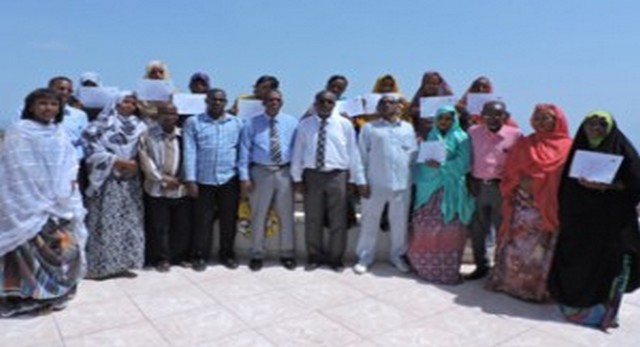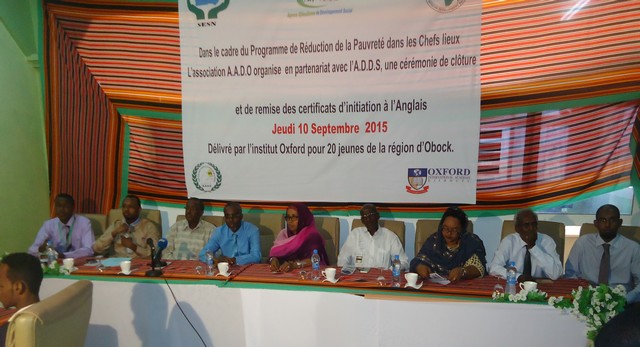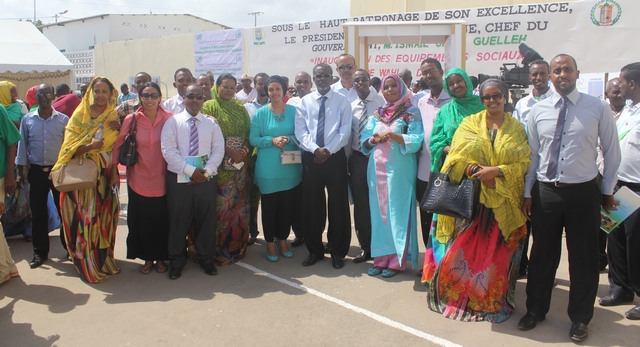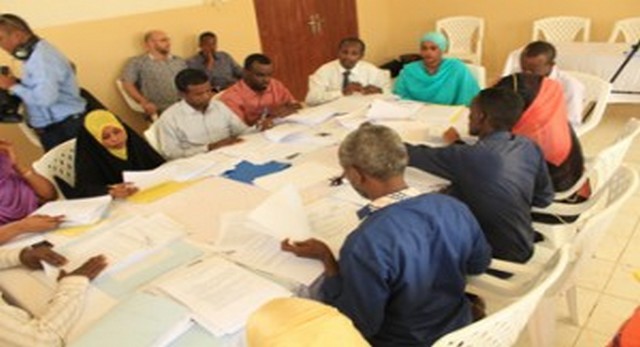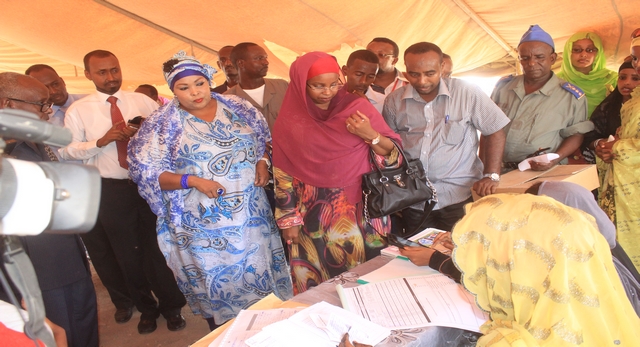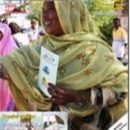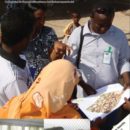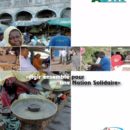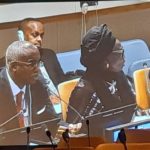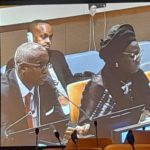DJIBOUTI – Making Islamic microfinance as a strategic lever to combat insecurity , so bold bet the Djibouti government for the new year which is part of a global economic slump .
To achieve this, the Central Bank of Djibouti has already adopted a series of regulatory mechanisms to regulate Islamic finance and complete the legislation in force.
Unlike conventional finance , Islamic finance does not practice speculative methods and do not propose to be taken to pay interest loans . Islamic banks use other levers to be remunerated .
In the model of Islamic finance , it differs essentially , the » Musharaka » profit sharing » Murabaha » means a contract of sale with profit , « the Mudaraba » form of association between financial and promoter who put together one of the funds and other know-how and hard work , « the Istisnae « , which is rather a sub -contract where the financial undertakes to finance the production of a good or service whose price will be paid out by the sponsor.
» Islamic finance is based on five principles which bans taking interest , uncertainty related to speculation and illegal assets such as alcohol , games of chance or tobacco, all prohibited by the Shariah . It is based on the sharing of profits and losses, and the existence of an underlying asset . It does not require collateral in hand and is dedicated exclusively to the vital needs of the country. Similarly, it is required to provide assistance and support to the developer , « said the Director General of the Djibouti Social Development Agency (ADDS ) . The Djibouti government , which recently received an envelope of one million USD by the Islamic Development Bank ( IDB) , started through the pilot unit of Islamic micro -finance the Djibouti Social Development Agency (ADDS ) a comprehensive program that promotes access of 10,000 households without income sources in Islamic finance.
These small loans to zero through which women and men without financial resources can engage in income generating activities and implement projects of micro enterprises . « Of the 241 developers who have volunteered to apply for loans , a hundred cases are under consideration by committees of credit validation . The projects for which funding is sought are mainly shops and grocery stores, restaurants and small businesses , « said the manager of the project unit microfinance Islamic ADDS Mr. Amin . To believe officials ADDS , an action plan is being developed to support this project and Islamic microfinance in all neighborhoods of Djibouti . This would focus on twenty points , the success of the first face of the pilot as well as assistance in the creation and implementation of income-generating activities . « Today , users of microfinance have a new tool that is available to them and which significantly increases their opportunities and chances of obtaining financing easier and simpler . It must still keep in mind that the development of this new kind of activity tends to support the work of the fight against poverty and social exclusion. As such, it deserves the attention of those involved » , said for his part , head of microfinance at the Central Bank of Djibouti , Mohamed Robert Carton.
» That is why we must have a steely resolve to bring to fruition the pilot Islamic microfinance to see them grow and spread to other areas affected by the vulnerability. It is a struggle for the survival of people and deeply human work that plays when you know that nearly 60 % of the population is affected by the phenomenon of poverty. I think that should be enough to motivate us all to move forward, » he said. Outstanding Islamic finance is now estimated at 1 . USD 000 billion and recorded a growth of over 20 % over the last ten years. However, it is still low in Africa, despite the 412 million Muslims who constitute more than 50 % of the estimated 850 million total population.


